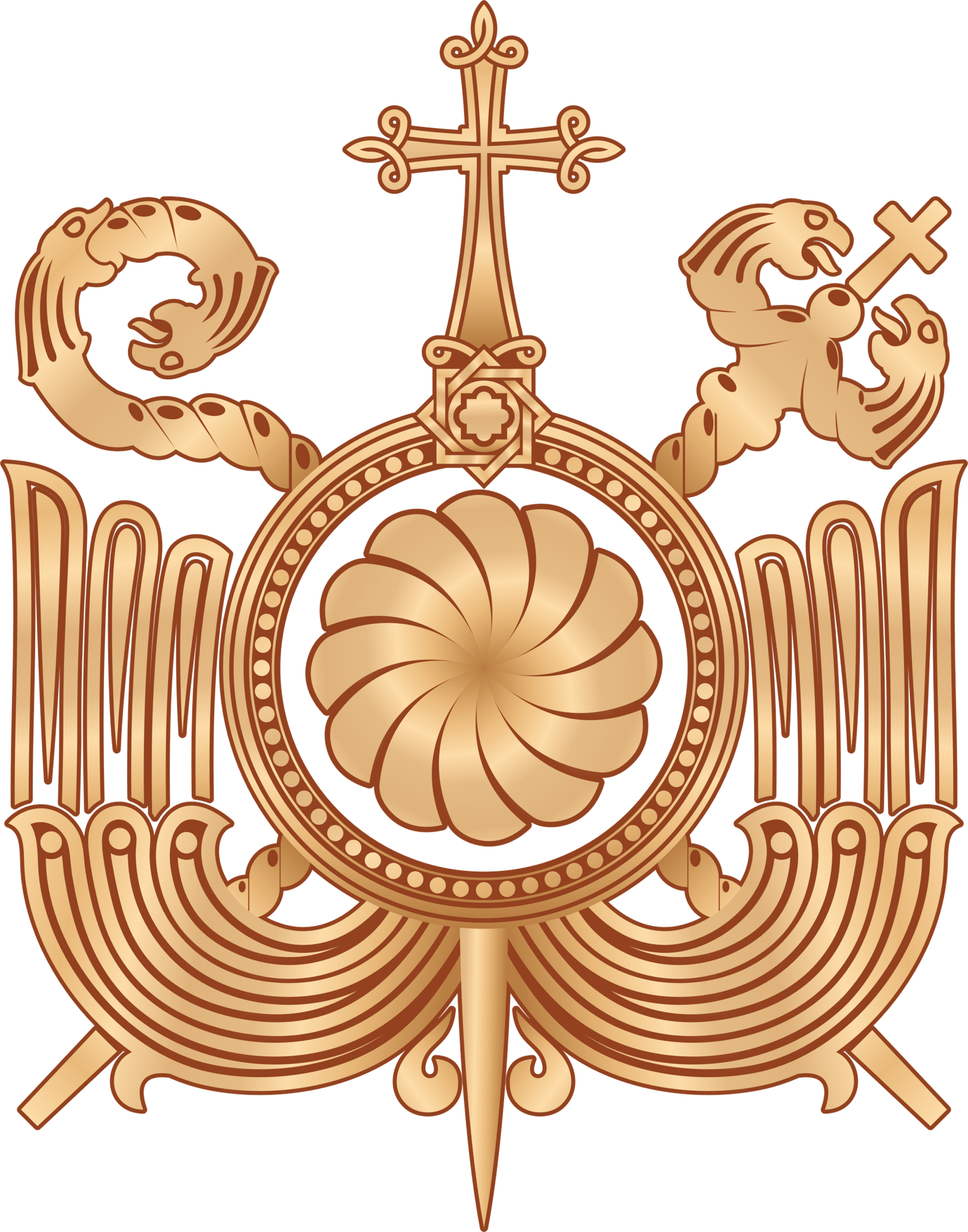Conference on the Preservation of Artsakh's Cultural Heritage
International Conference on the Preservation of Armenian Spiritual and Cultural Heritage in Artsakh Held in Bern
An international conference dedicated to the preservation of Armenian spiritual and cultural heritage in Artsakh has commenced in Bern, Switzerland. The conference, titled “Religious Freedom: Safeguarding the Armenian Spiritual, Cultural, and Historical Heritage in Artsakh/Nagorno-Karabakh,” is organized by the World Council of Churches (WCC) and the Protestant Church of Switzerland from May 26–28, upon the initiative of His Holiness Karekin II, Supreme Patriarch and Catholicos of All Armenians.
On May 27, the conference officially opened with the blessing and message of His Holiness.
In his address, the Catholicos of All Armenians extended his gratitude to Rev. Jerry Pillay, General Secretary of the WCC, Rev. Rita Famos, President of the Protestant Church of Switzerland, members of the WCC Central Committee, as well as the organizers and supporters of the conference, whose efforts have once again brought global attention to the challenges faced by the Armenian people following the occupation of Artsakh (Nagorno-Karabakh).
“In the 21st century—a time meant to be marked by peace, solidarity, and justice for nations and states—we are tragically witnessing wars, genocidal acts and ethnic cleansing driven by enmity and hatred, as well as severe violations of religious freedom and fundamental human rights. Our people have endured such calamities through Azerbaijan’s aggression and atrocities against Artsakh, perpetrated with the military support of Turkey. As a result of the 44-day war launched in 2020, and the large-scale military operations of 2023, Artsakh was entirely depopulated of Armenians. Significant territories of vital importance along the borders of the Republic of Armenia were also occupied. Meanwhile, new and unjust demands continue to be introduced in the peace negotiation process. Azerbaijan holds political leaders of Artsakh, civilians, and prisoners of war as hostages, subjecting them to show trials in blatant violation of international law,” His Holiness noted, emphasizing that these abuses and humiliating acts stem solely from ethnic discrimination and Armenophobia, which also underlie the attacks on the Armenian people’s spiritual and cultural heritage and historical sanctuaries. He further stressed that for centuries, the Armenians of Artsakh have built a dignified existence in their ancestral land, remaining faithful to their Christian faith and national identity, enriching the cultural treasury of humanity through valuable contributions in education and the arts.
His Holiness expressed deep sorrow that, following the occupation of Artsakh, the destruction of Armenian ancient monuments, Christian sanctuaries, settlements, and cemeteries by Azerbaijan continues unabated. Through a deliberate policy of erasing Armenian identity, Azerbaijan declares the renowned ancient monasteries and churches of Artsakh as Caucasian Albanian, thereby denying their Armenian heritage.
“The Azerbaijani authorities continue to ignore the appeals of the international community, refusing to implement the European Parliament’s 2022 resolution No. 2582 on the ‘Destruction of Cultural Heritage in Nagorno-Karabakh’ and rejecting UNESCO’s proposal to dispatch a fact-finding mission to assess the condition of Armenian monuments in Artsakh. The President of the Caucasus Muslims Board, Allahshukur Pashazadeh, has joined in Azerbaijan’s anti-Armenian propaganda, recently making slanderous public statements,” the Catholicos added. He recalled that in a similar spirit of Armenophobia, Azerbaijani forces had earlier carried out the violent destruction of Armenian sanctuaries in Nakhijevan, including the leveling of approximately 6,000 khachkars (cross-stones) in Old Jugha in 2005—exactly twenty years ago.
“Crimes against cultural heritage tragically know no borders. They occur wherever human and national rights are violated, wherever intolerance and xenophobia take root, and wherever the profound value and significance of spiritual heritage is disregarded. These acts must be recognized not only as crimes against a specific nation but as offenses against universal human values.
The impunity surrounding such barbaric crimes fosters an atmosphere of permissiveness—not only enabling Azerbaijan’s continued cultural destruction but also encouraging similarly brutal crimes elsewhere in the world,” the Catholicos affirmed. He underscored that the protection of cultural heritage is a sacred duty for all and a vital imperative for preserving the history, faith, and identity of nations and peoples.
Addressing the conference participants, His Holiness emphasized: “Today, more than ever, safeguarding the spiritual, cultural, and historical heritage of Artsakh is of utmost urgency. The forcibly displaced population of Artsakh has been deprived of the right to live and create on their native land, to preserve and cultivate the culture shaped by their centuries-old Christian faith. In today’s world, such heinous atrocities against humanity and human dignity—acts that undermine the pillars of freedom, justice, and the rule of law—must not be tolerated. Yes, conflicts between nations must be resolved through peaceful means, with justice, mutual agreement, and respect for national identity and human dignity.”
Concluding his message, the Catholicos expressed hope that international actors and competent institutions will take decisive steps to preserve the spiritual and cultural heritage of Artsakh, to ensure the safe return of its displaced population to their ancestral homeland, to restore their right to live freely and with dignity, and to secure the prompt release of Armenian prisoners of war.
Finally, His Holiness extended heartfelt thanks to the sister Churches and ecumenical organizations for their steadfast support of the Armenian people and Church in this time of trial, and for their continued advocacy for the rights of the people of Artsakh, wishing the conference fruitful deliberations.








